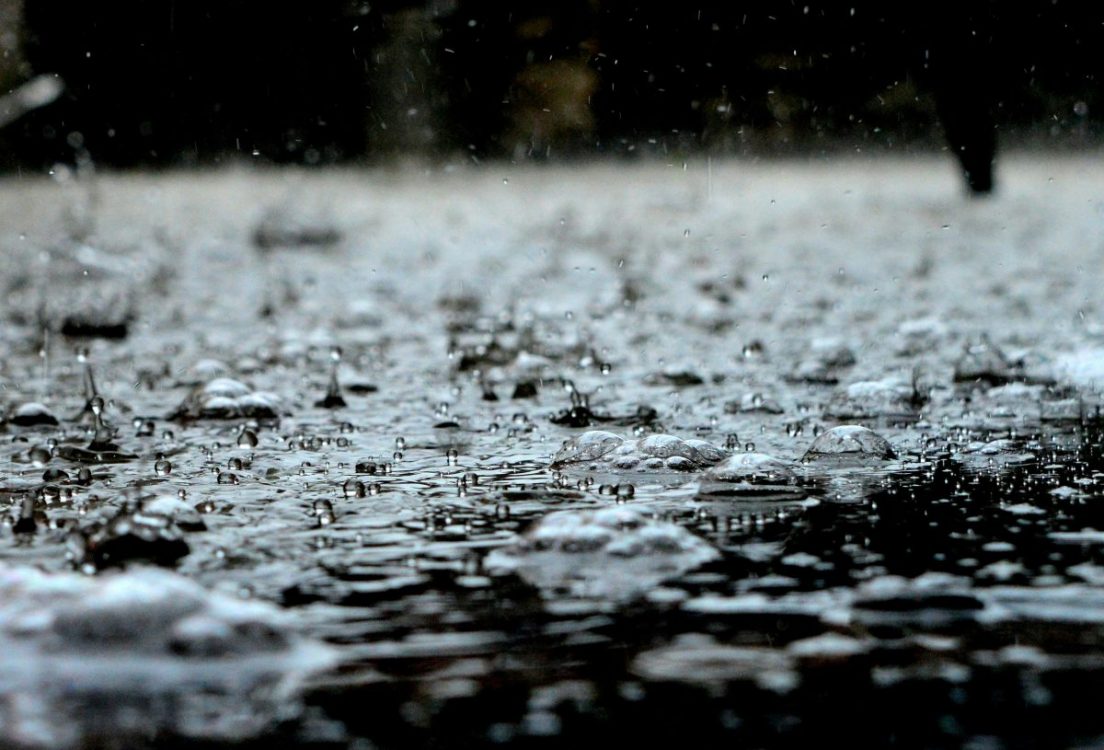Harness, conserve rain water for gainful future use
By serahkamau, February 29, 2024The extended October-December long rains have come as a welcome relief to a country that has been grappling with high food prices and water shortages for a long time.
Prolonged drought in 2023 left more than 5.4 million Kenyans and thousands of livestock in need of humanitarian assistance.
Despite the heavy rains, which have sometimes led to loss of lives and destruction of property, most Kenyans in rural and urban areas are in dire need of clean water. Statistics show that about 28 million Kenyans lack access to safe and clean water and 42 million cannot access improved sanitation.
Notably, most of the rainwater goes to waste, as it is rarely harvested for future use. Unfortunately, the heavy rainfall seasons —like it is happening now— are always followed by prolonged dry spells that lead to death of people, plants and animals from lack of food and water. Mostly, women and children bear the brunt of the effects of floods and drought.
Clean water is critical in our daily lives and survival. Around 60 per cent of our body is made up of water. Water plays many important roles in the body including flushing waste, regulating body temperature, transportation of nutrients and digestion.
On the domestic front, we need water during preparation of food, bathing, washing clothes and dishes, flushing toilets, watering lawns and gardens and maintaining pools, feeding animals, among other uses.
Water is also an important resource for agricultural production.
Increasing water demand is a major challenge in the country. Climate change, population growth, urbanisation and pollution and poor management of water resources have aggravated the crisis.
The United Nations Sustainable Development Goals Six advocates for access to clean water and sanitation for all. The right to clean, safe and adequate water is enshrined in the Constitution.
Provision of clean, safe and adequate water is a devolved function. It is, therefore, important for both National and County governments to harness and conserve water.
Most water sources in Kenya are threatened by pollution. Chemical products continue to be drained into our rivers, lakes and seas. Nairobi River, for instance, is choked with garbage, debris and raw sewage leading to the spread of waterborne diseases and other health challenges.
The river is also highly contaminated with heavy metals and other toxic substances that are harmful to both humans and animals.
There is an urgent need to create awareness and even support both rural and urban communities on ways to harvest and conserve water for irrigation and domestic use.
Domestically, we need to conserve the little available water from leaks by repairing burst pipes immediately and close unattended running taps, as we bathe or as we brush our teeth. Let us use water that we actually need and save the rest.
That most Kenyans anxiously wait for the rains to grow food 60 years after independence leaves a lot to be desired. Over the years, successive governments have come up with ambitious plans on how to make the country food secure through embracing irrigation.
Numerous reports have been written and many benchmarking trips made across the globe by our leaders to learn the best irrigation practices.
However, most of these reports have been gathering dust in government shelves. It is, therefore, time recommendations in the reports, as well as other relevant laws and regulations that are supposed support the sector, are implemented fully.
Billions of shillings have been set aside to construct dams. This is in addition to numerous stalled irrigation projects started by previous governments. It is time they are completed. All the people accused of embezzling funds set aside to build dams and water pans should be arrested and prosecuted.
Countries all over the world have embraced irrigation with impressive results. Egypt and Israel are a good example. This country has been endowed with fertile soils and hard-working people. All they need is political goodwill.
— The writer is the Chief Sub-Editor, People Daily
